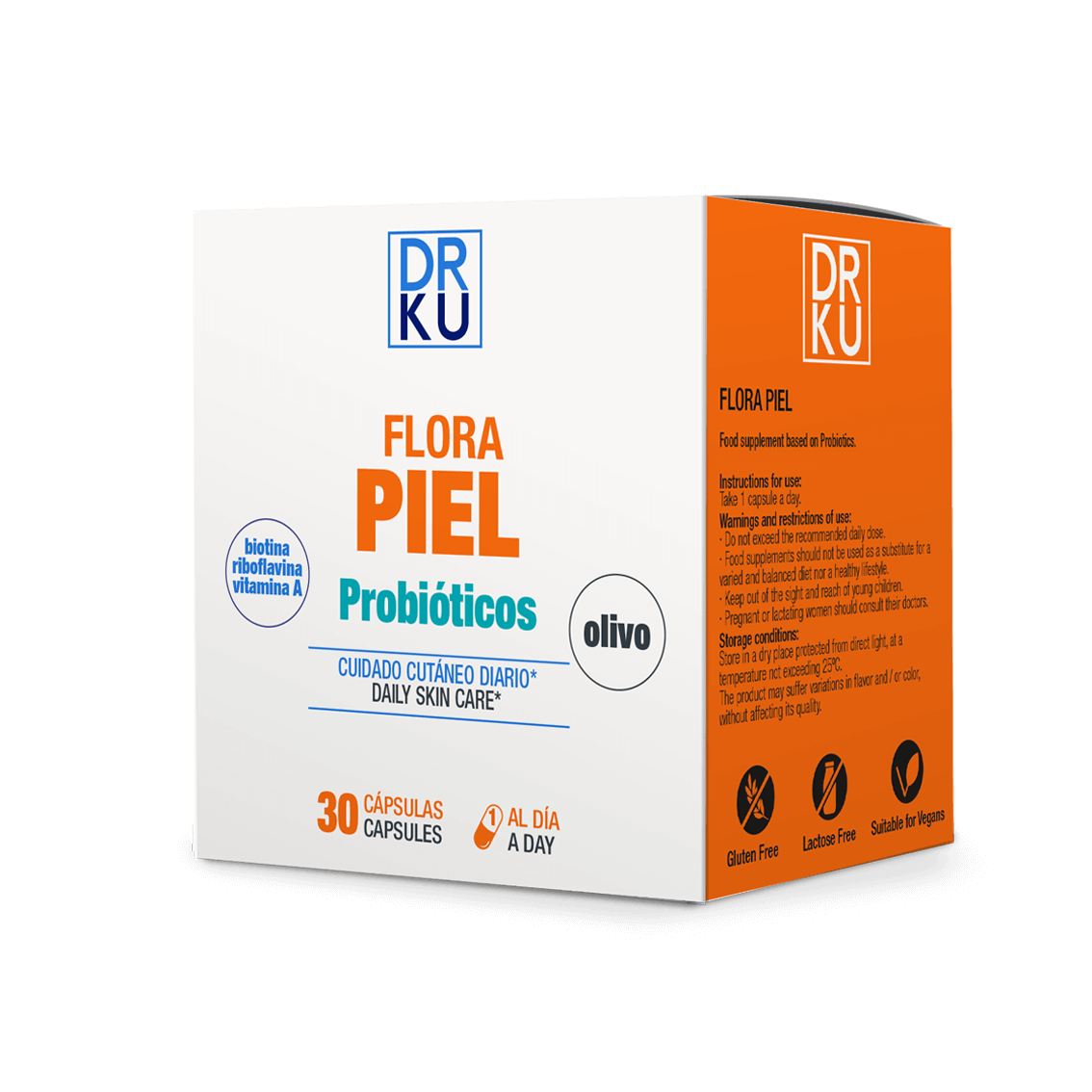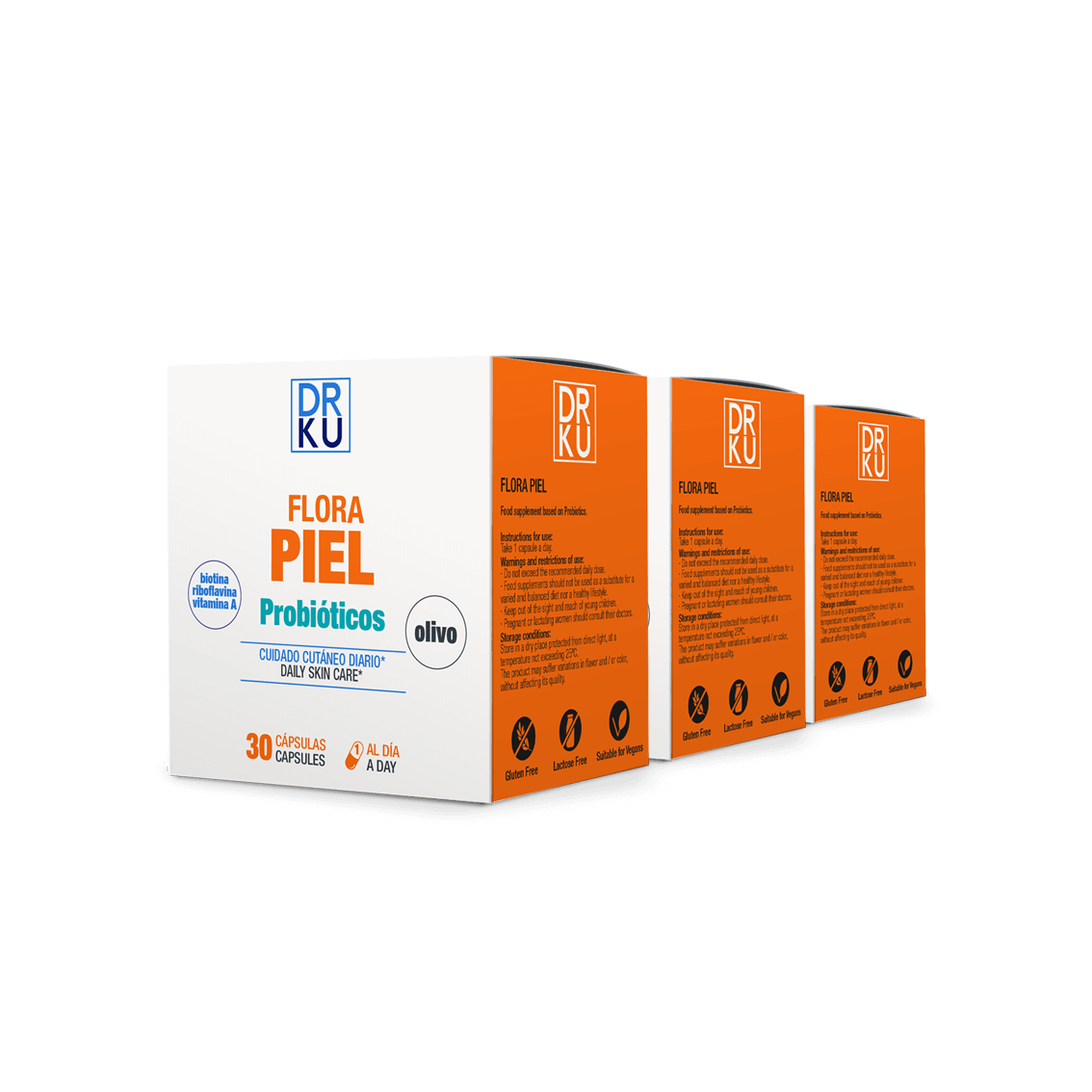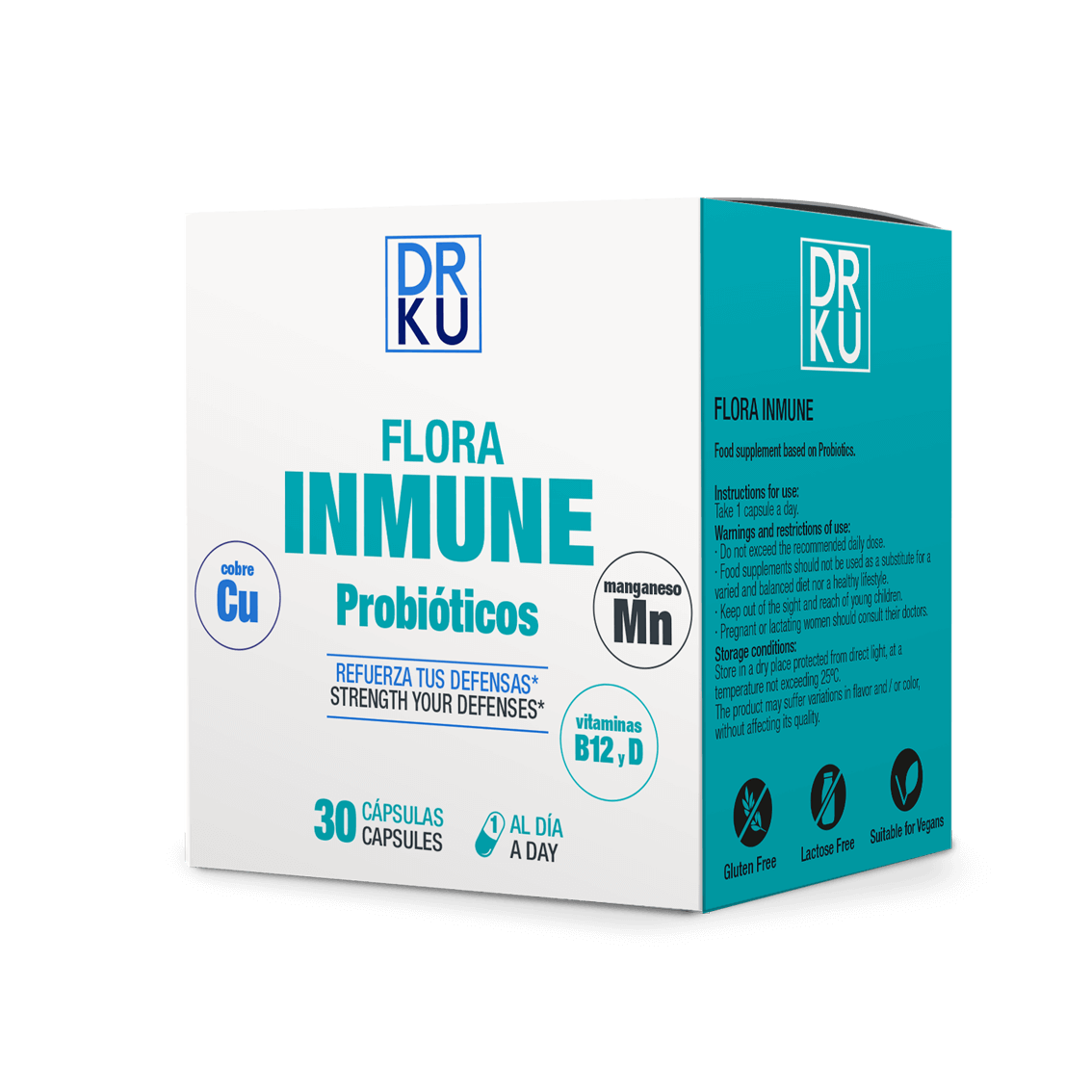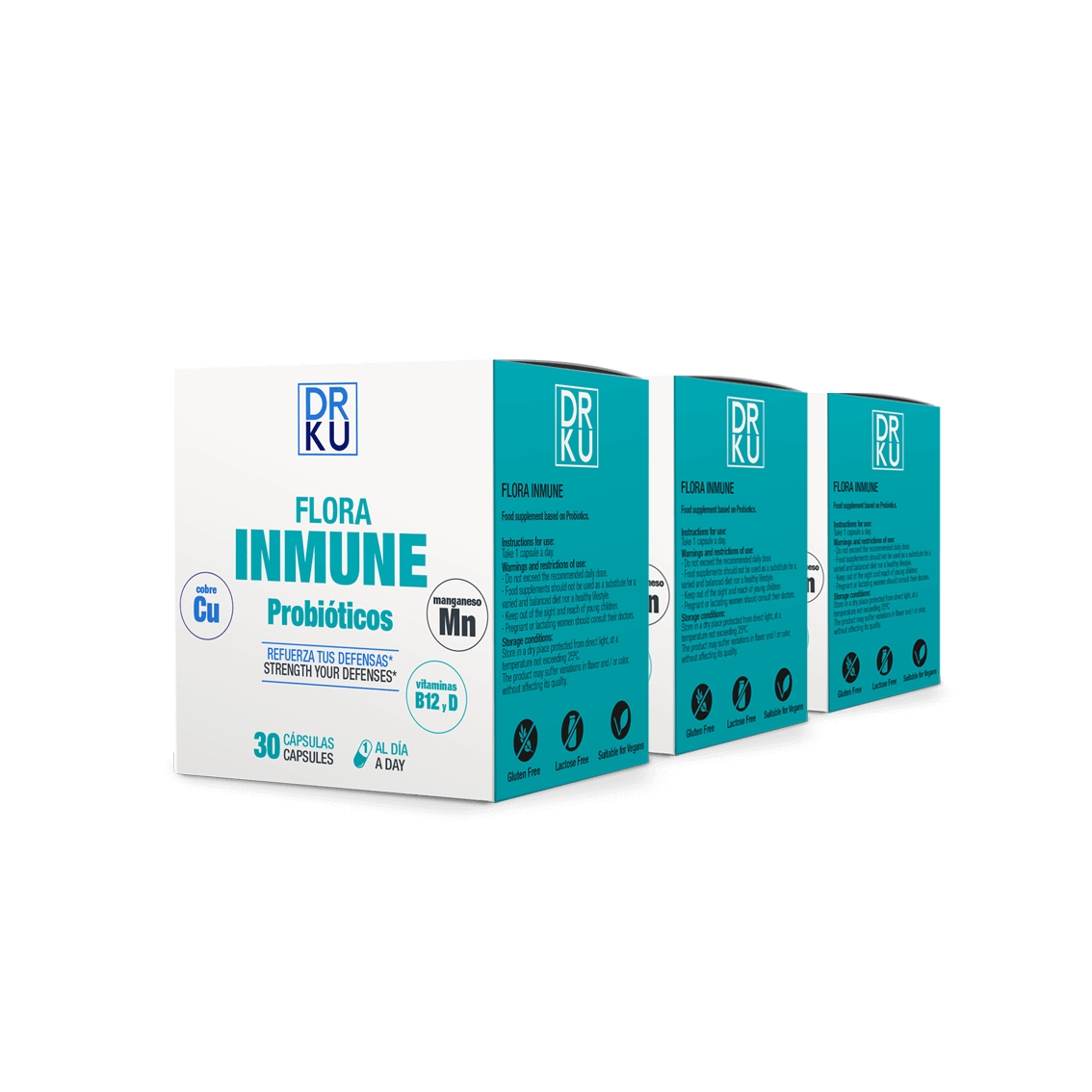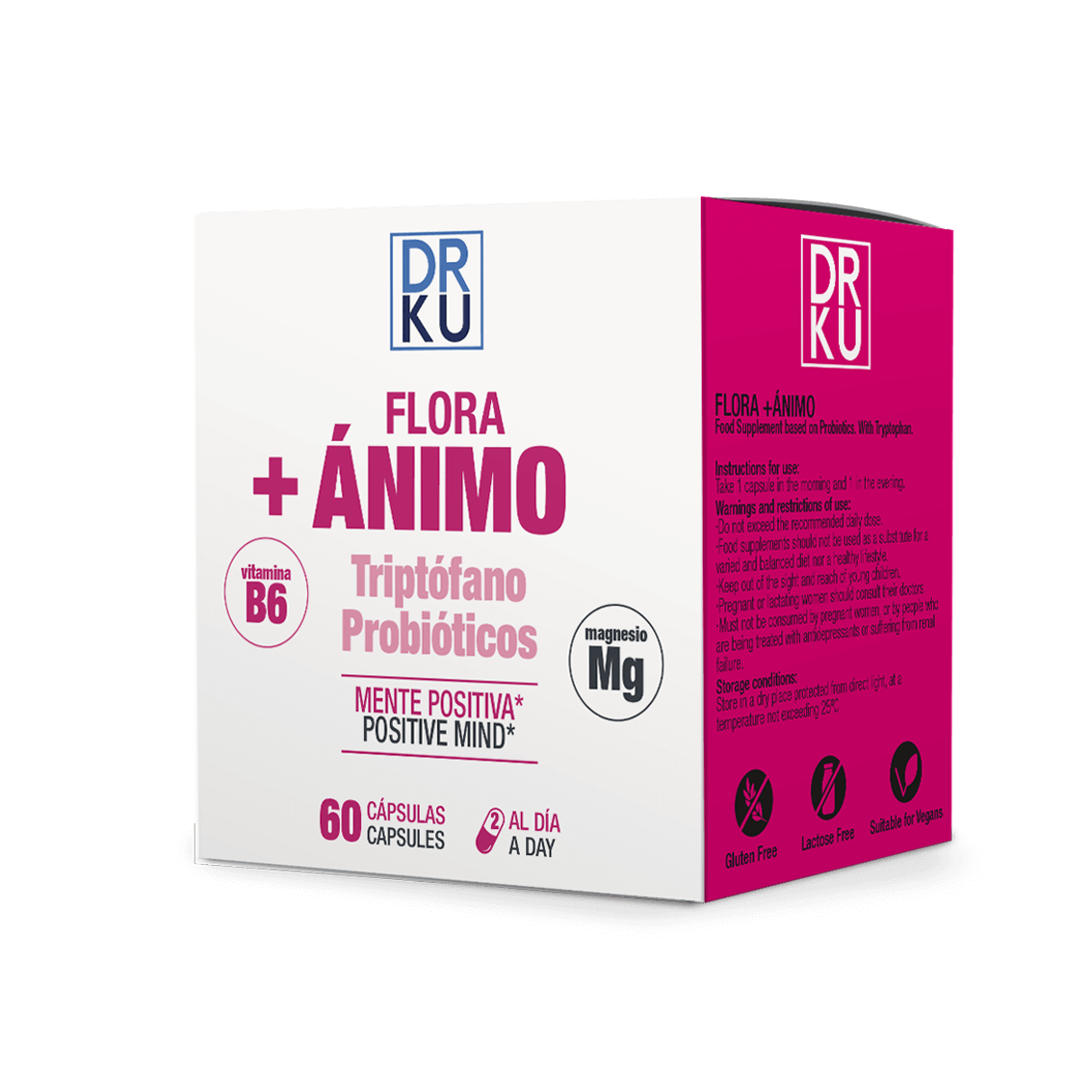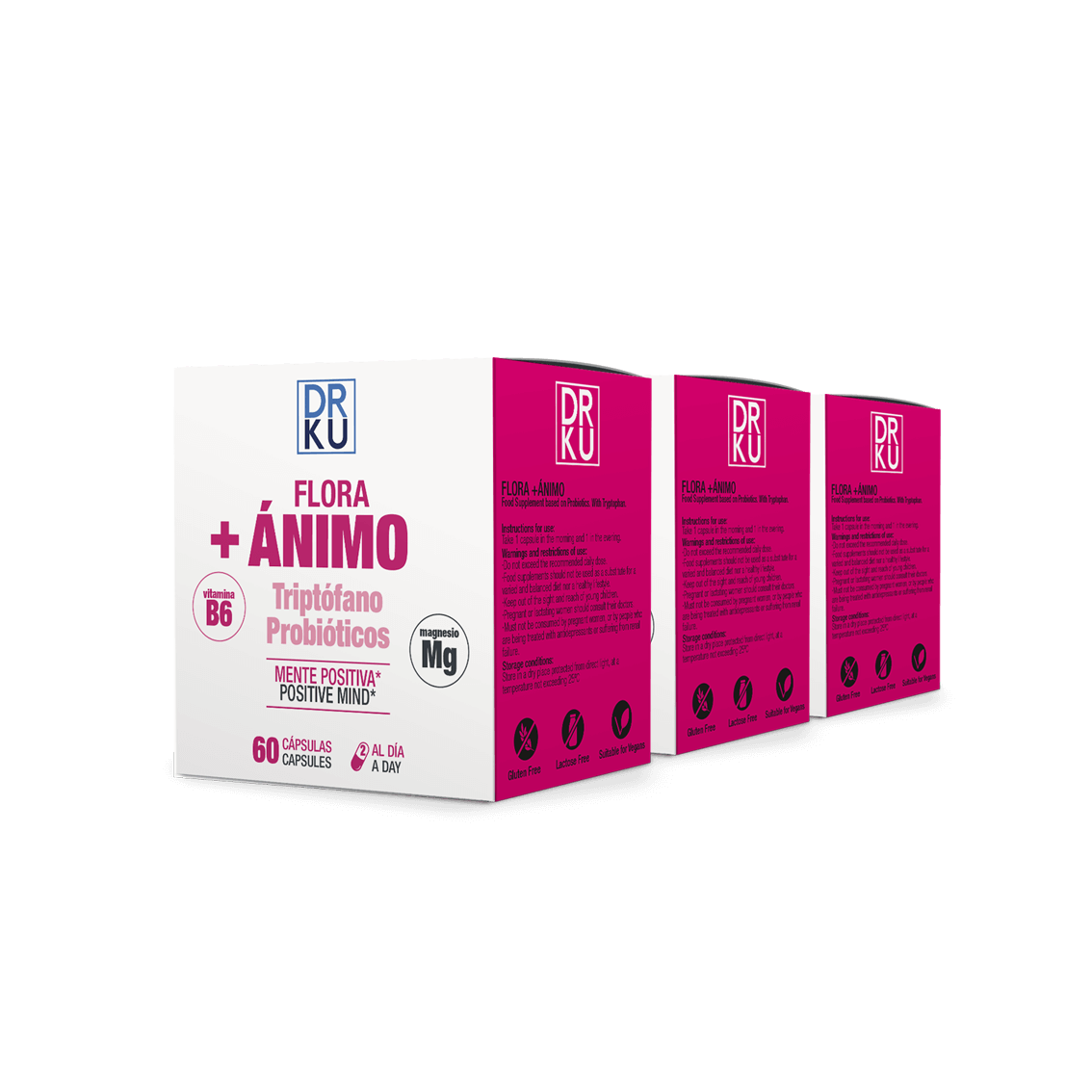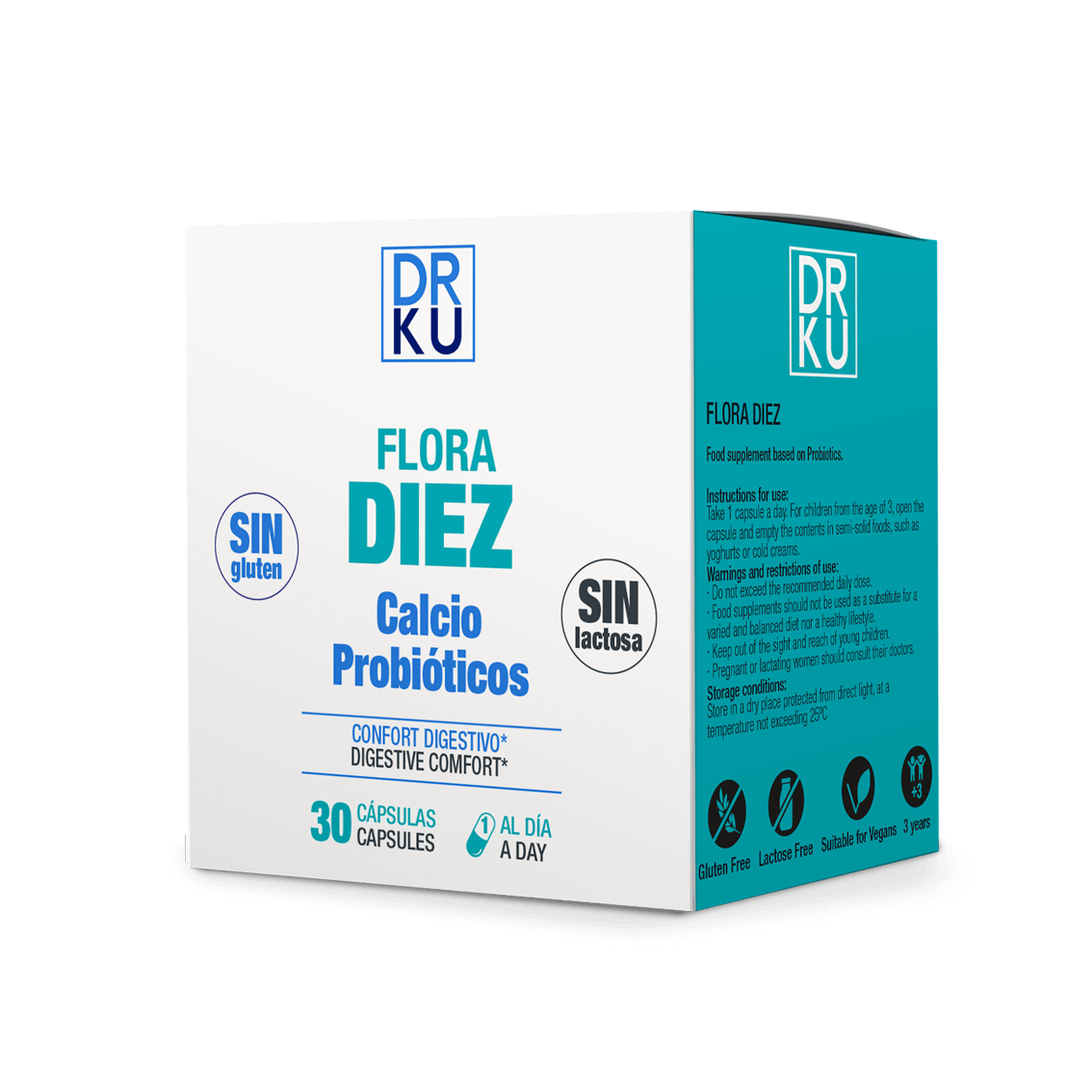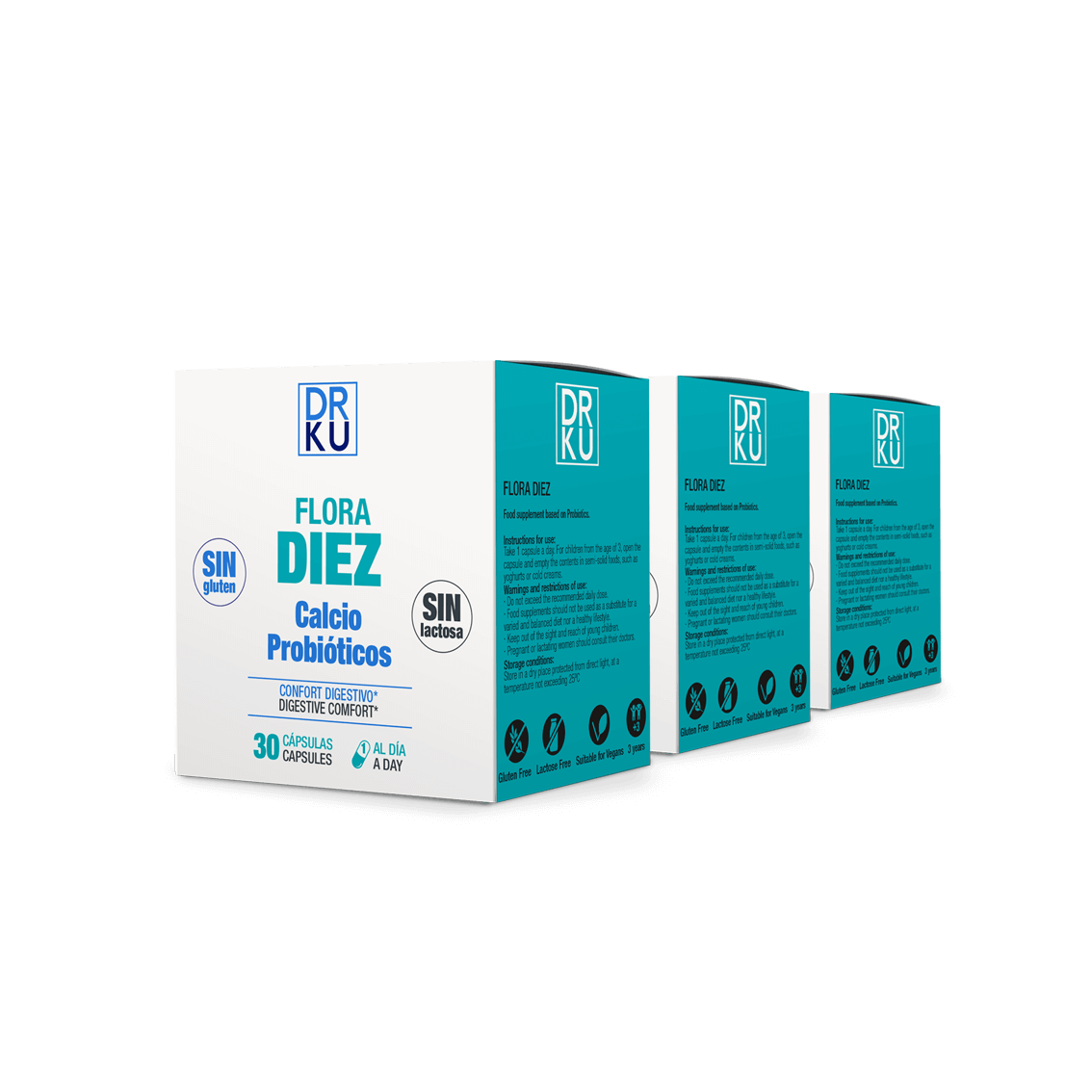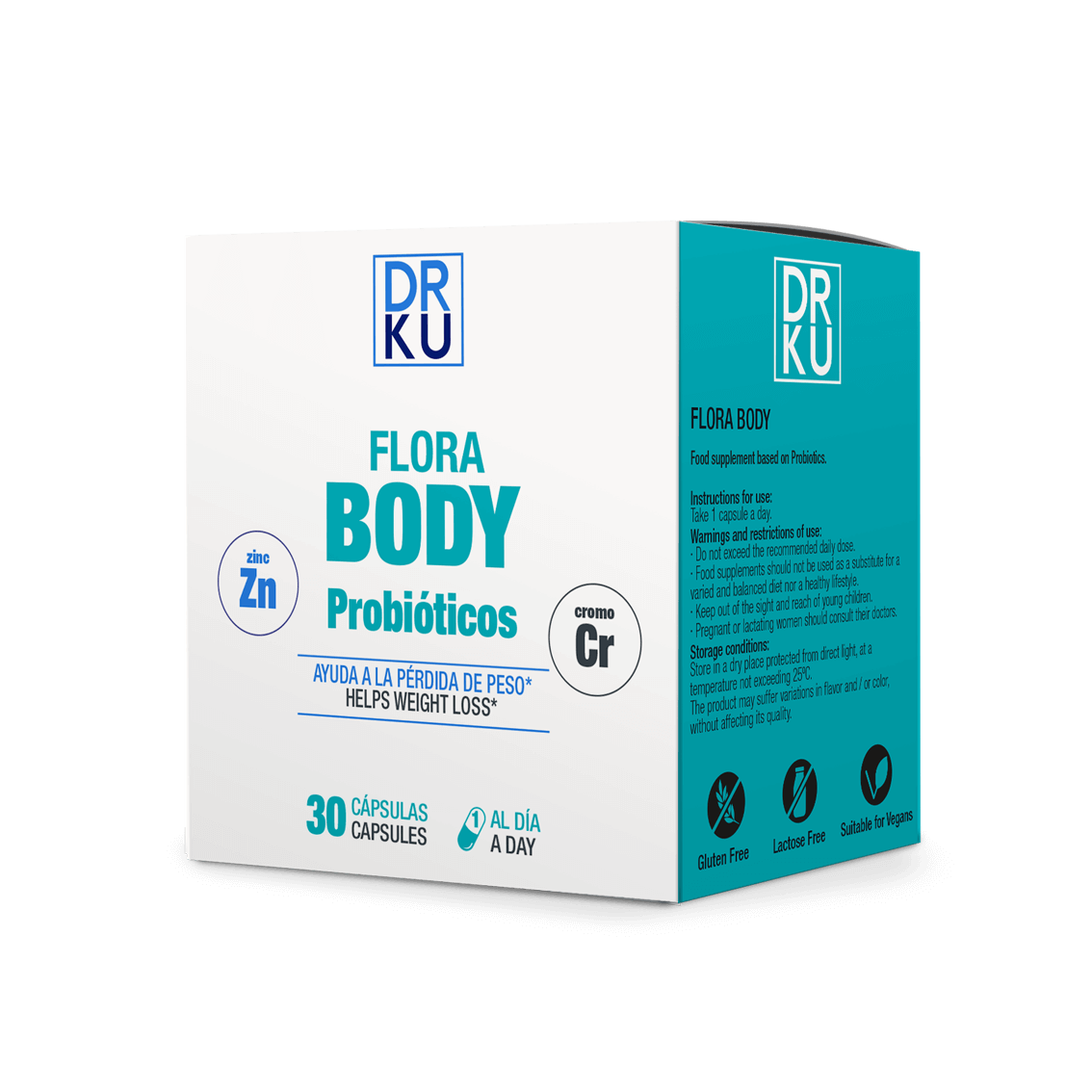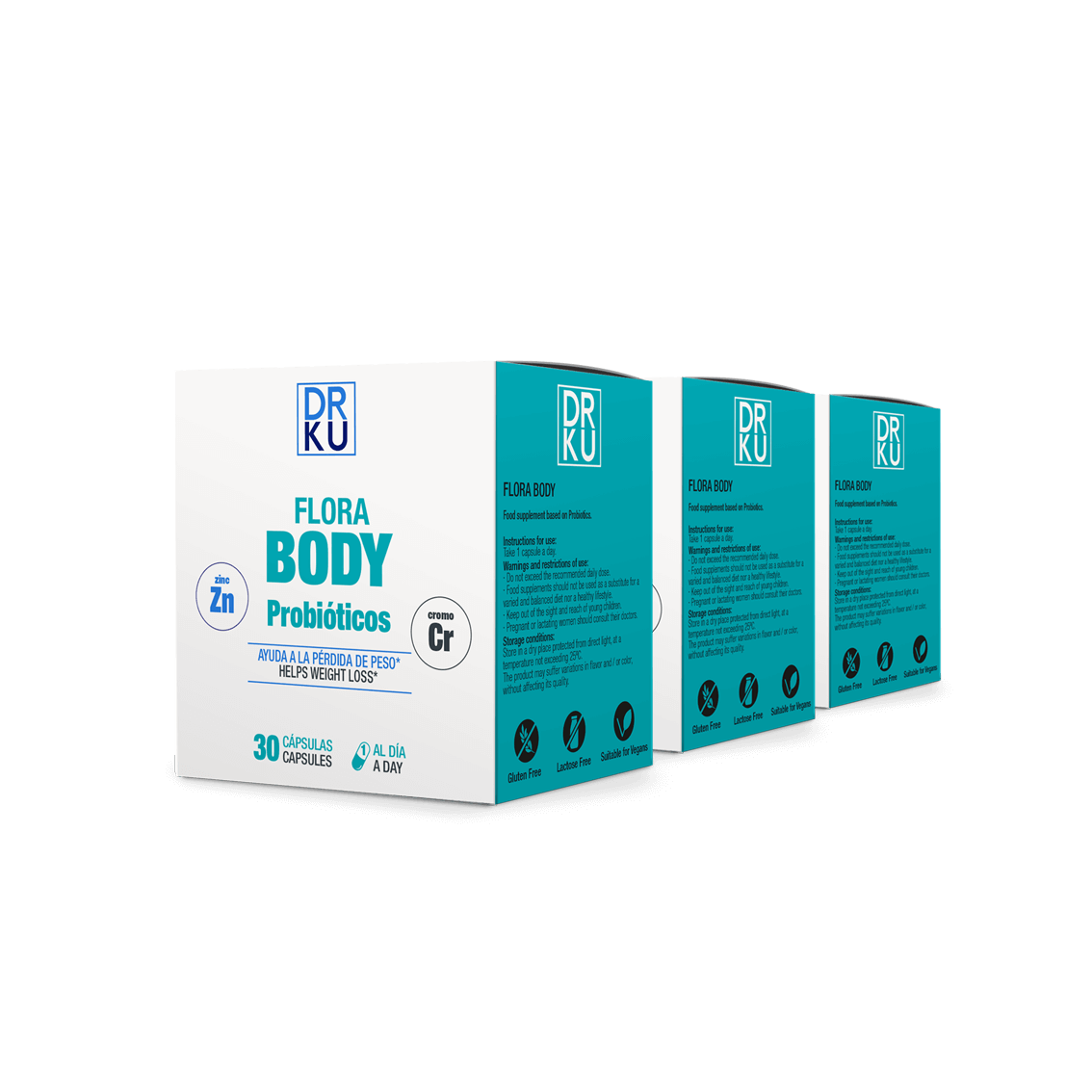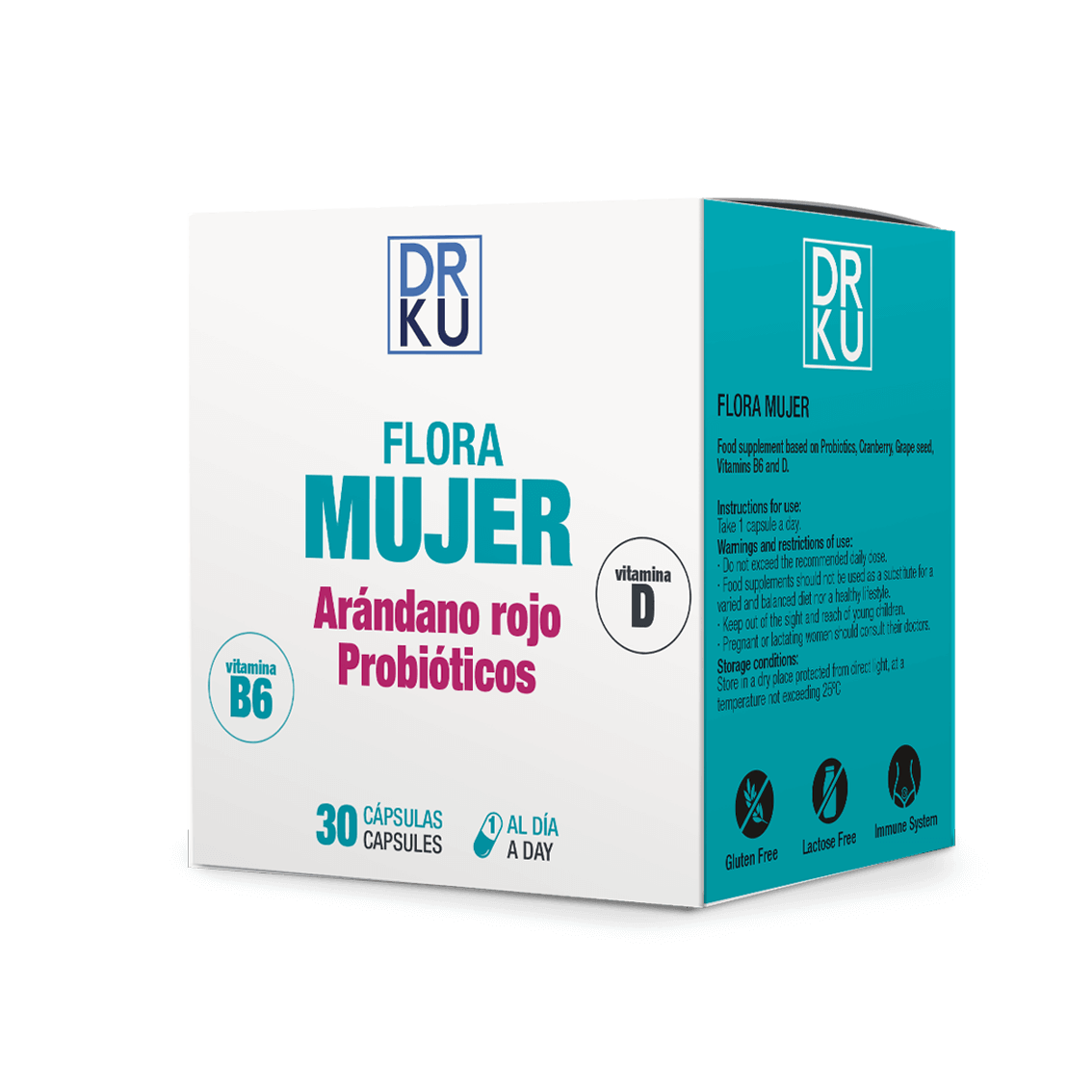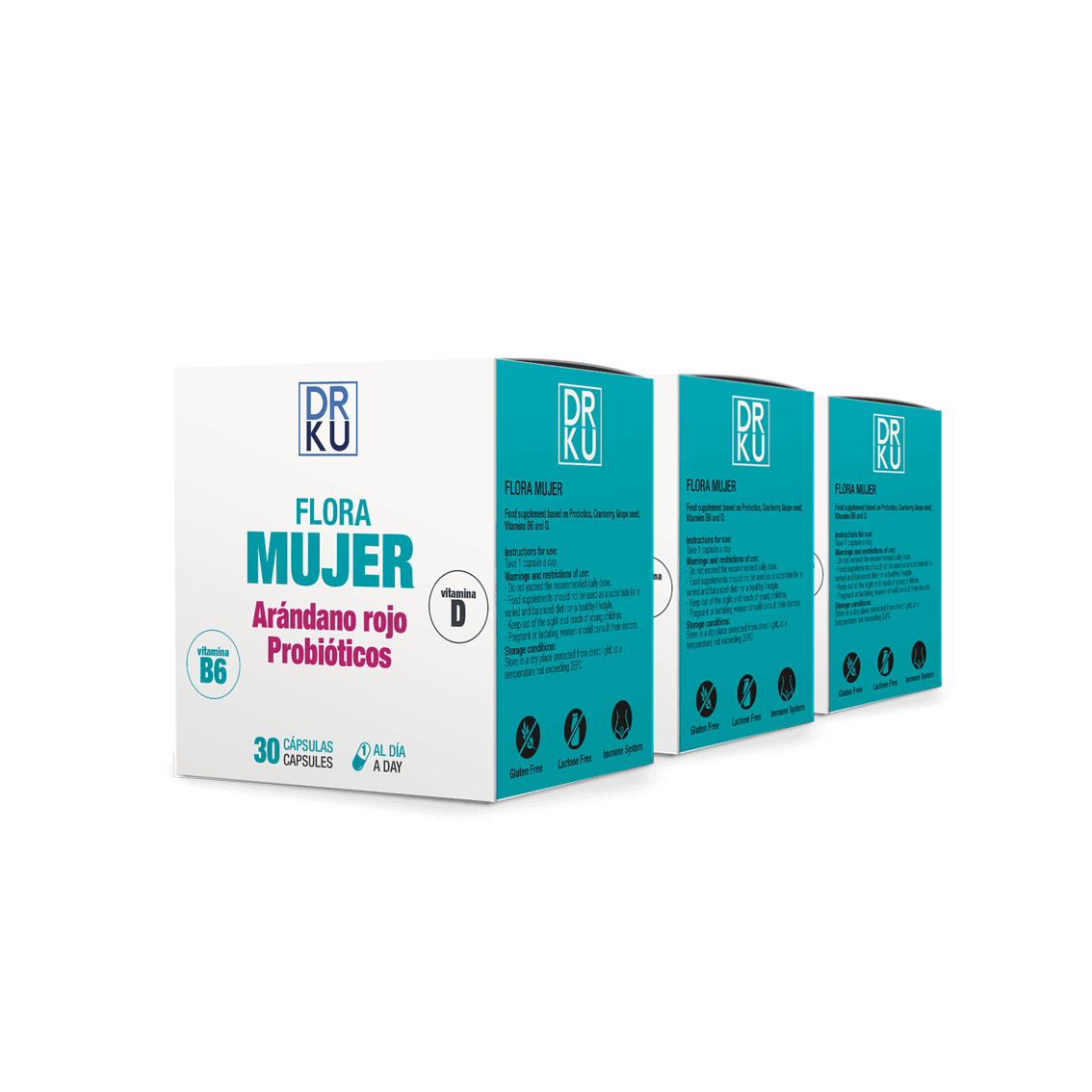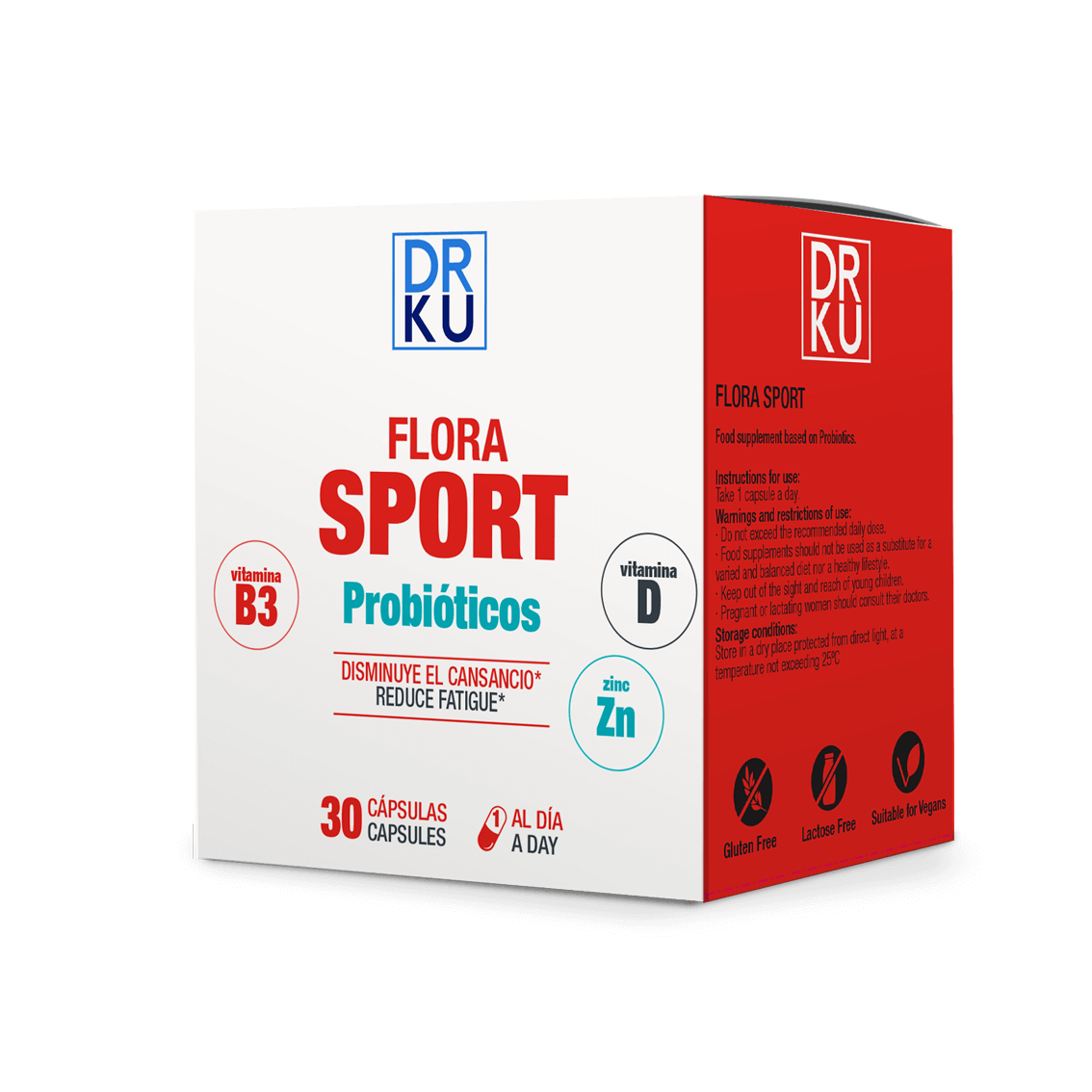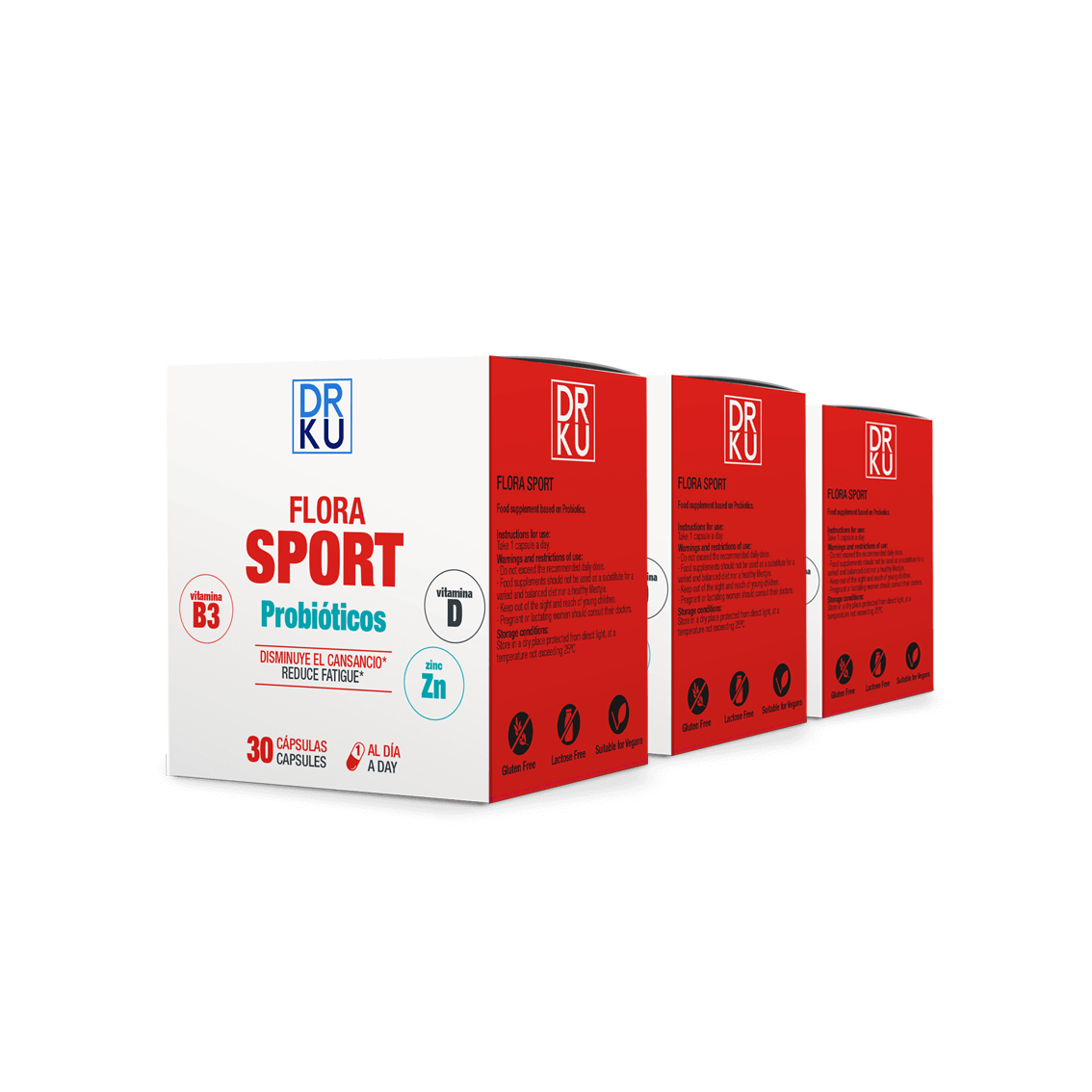The history of the bacterial strain Bifidobacterium longum ES1
In 2007 a group of researchers from the CSIC under the supervision of research scientist Yolanda Sanz isolated the bacterial strain Bifidobacterium longum ES1 from the faeces of a healthy baby who had been fed only with its mother’s milk
This ES1 strain was proven to be resistant to passage through the digestive tract, withstanding the acid present in the stomach and the action of bile.
In 2010, it was proven that ES1 inhibits the growth of pathogenic flora present in coeliac patients, and moreover, it is capable of hydrolysing the gluten peptides that cause the coeliac illness without generating any form of inflammatory reaction.
Furthermore, the DNA and the metabolites generated by the strain during its growth were studied in order to discount the possibility of any toxic effects. The WHO (World Health Organization) stated that this bacteria was harmless, resistant to antibiotics and had no toxicity in cases of overdose.
In 2011, studies on animals were initiated to prove the effects of B. longum ES1 simulating the coeliac illness in rats. The bacteria’s anti-inflammatory effects were confirmed.
Tests were later carried out on humans. Firstly, the dose was administered for a period of two weeks, and later clinical trials were carried out on children, between 1 and 12 years of age, diagnosed as coeliacs, in the Barcelona hospitals Sant Joan de Reus and Sant Joan de Déu. The trials were carried out over a period of three months, with one group administered B. longum ES1 and a second group administered a placebo.
The results of the trials were extremely positive. In the group who were given ES1 along with a gluten-free diet for 3 months there was a considerable reduction in inflammation, greater weight gain and a lower presence of pathological bacteria than in the placebo group.
In 2012 industrial production of B. longum ES1 commenced in the plant of the company Biópolis.
In short:
Bifidobacterium longum ES1 is a probiotic, patented in in 2012, which offers improved quality of life for people with food intolerances such as those related to gluten and lactose due to the following:
Ø Helps break down gluten protein, thus avoiding gastro-intestinal discomfort.
Ø Improves intestinal growth of beneficial bacteria, impeding the colonization of pathogens, and thus helps maintain the correct balance of bacteria.
Ø Reduces peptides generated in intestinal inflammation processes (pro-inflammatory cytokines) and promotes the growth of anti-inflammatory cytokines.
Ø Protects intestinal mucus.
Ø Is expelled in faeces and has no side-effects.
Remember, FLORA DIEZ will take care of your intestinal Flora and you will recover intestinal equilibrium in a simple healthy manner as it is a food supplement.
Bibliography:
Olivares Marta; National Research Council (IATA-CSIC), Castillejo Gemma; Hospital Universitari Sant Joan de Reus, Varea Vicente; Hospital Universitario Sant Joan de Deu, Sanz Yolanda; National Research Council (IATA-CSIC). Efectos de Bifidobacterium longum ES1 CECT 7347 sobre la enfermedad celíaca.
-Collado, MC, Donat E, Ribes-Konickx C, Calabuig M, Sanz Y. (2008). Imbalances in faecal and duodenal Bifidobacterium species composition in active and non-active coeliac disease. BMC Microbiology 22:232.
– Collado, MC, Donat E, Ribes-Konickx C, Calabuig M, Sanz Y. (2009). Specific duodenal and fecal bacteria are associated with pediatric coeliac disease. Journal of Clinical Pathology 62: 264-269.
-De Palma G, Nadal I, Collado MC, sanz Y. (2009). Effects of a gluten-free diet on gut microbiota and inmune function in healthy adult human subjects. British Journal of Nutrition 102: 1154-1160.
-FAO/WHO. (2002). Drafting guidelines for the evaluation of probiotics in food. Report of a joint FAO/WHO, London, Ontario, Canada.
-Izquierdo E, Medina M, Ennahar S, Marchioni E, Sanz Y (2008). Resistance to simulated gastrointestinal conditions and adhesion to mucus as probiotic criteria for Bifidobacterium longum strains. Current Microbiology 56: 613-618.
-Laparra JM, Sanz Y. (2010). Bifidobacteria inhibit the inflammatory response induced by gliadins in intestinal epithelial cells via modifications of toxic peptide generation during digestion. Journal of Cell Biochemistry 109: 801-807.
-Laparra JM, Olivares M, Gallina O, Sanz Y. (2012). Bifidobacterium longum CECT7347 modulates inmune responses in a gliadin-induced enteropathy animal model. PLos ONE: e30744.
-Medina M, de Palma G, Ribes-Koninckx C, Calabuig M, Sanz Y (2008). Bifidobacterium strains suppress in vitro the pro-inflammatory miliev triggered by the large intestinal microbiota of coeliac patients. Journal of Inflamation 3: 5-19.
-Nadal I, Donat E, Ribes-Koninckx C, Calabuig M, Sanz Y. (2007). Imbalance in the composition of the duodenal microbiota of children with celiac disease. Journal of Medical Microbiology 56: 1669-1674.
-Olivares M, Laparra M, Sanz Y. (2011). Infuence of Bifidobacterium longum CECT7347 and gliadin peptides on intestinal epitelial cell proteome. Journal of Agricultural and Food Chemistry 59: 7666-7671.
-Sanz Y, Sánchez E, Marzotto M, Calabuig m, Torriani S, Dellaglio F. (2007). Differences in faecal bacterial communities in coeliac and healthy children as detected by PCR and denaturing gradient gel electrophoresis. FEMS Immunology and Medical Microbiology 51: 562-568.
-Satokary RM, Vaughan EE, Akkermans ADL, Saarela M, de Vos WM (2001). Bifidobacterial diversity in human feces detected by genus-specific PCR and denaturating gradient gel electrophoresis. Applied Environmental Microbiology 67: 504-513.

